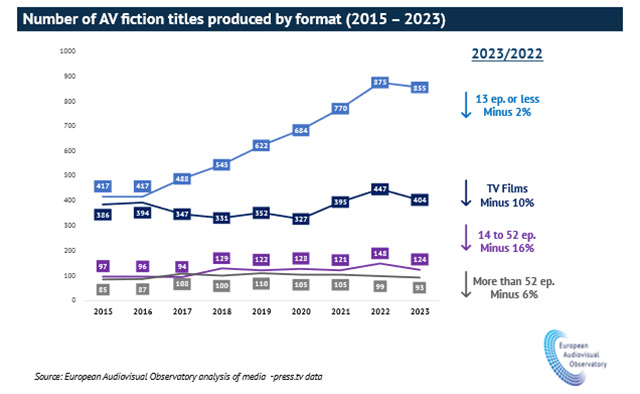NBA
NBA And FIBA Eye European Expansion Strategies

As the world tunes into the 2024 Summer Olympics in Paris, the NBA is intensifying its engagement with the international basketball community. Commissioner Adam Silver made headlines recently by announcing that the NBA is entering more serious discussions with the International Basketball Federation (FIBA) on strategies to expand its presence in Europe. This move signals the league’s ambition to capitalize on the growing popularity of basketball across the continent.
During a visit to Villeneuve-D’Ascq, France, Silver shared insights on the league’s potential plans, remarking that the NBA has been in talks with FIBA about the future of basketball in Europe for many years. “We think there’s substantial commercial and competitive potential for basketball in Europe,” he stated, emphasizing that the discussions at this juncture are far more in-depth than previous talks. The vision involves creating either an annual tournament or even a league managed directly by the NBA.
While enjoying the vibrant atmosphere of the city, where fans showcased their affection for the sport by donning NBA jerseys, Silver reflected on how the global reach of the league has transcended oceans. The NBA has long recognized Europe as a priority market, and it seems the momentum is now shifting towards implementing a tangible plan. This initiative will likely engage fans more extensively while providing European players with opportunities to showcase their talents on a larger stage.
Silver’s observations align with broader efforts to make NBA basketball more accessible throughout Europe. The commissioner acknowledged that enhancing basketball’s footprint is not merely about increasing revenues or viewership numbers—it’s about fostering the game at its grassroots, nurturing talent, and creating sustainable growth that benefits the sport as a whole. The potential annual tournament could draw massive crowds and generate intensified local fan engagement.
Importantly, Silver’s comments come at a pivotal moment, as basketball continues to gain traction in international sports hierarchies. With the recent emergence of stars who have roots in Europe making significant impacts in the NBA—think of players like Luka Dončić from Slovenia and Giannis Antetokounmpo from Greece—the interest in basketball at home is at an all-time high.
The proposed growth strategy will need to contend with Europe’s already established basketball leagues and the fervent fan bases that support them. Even so, there is a palpable excitement among fans about the possibility of witnessing NBA-caliber action more frequently and near their home teams. This is part of a larger trend in sports, where leagues are increasingly recognizing the value of international markets and adjusting their structures accordingly.
In recent years, the NBA has hosted several games in Europe, a practice that has proven successful in engaging audiences and expanding its brand internationally. These international games serve not only as an entertainment medium but also as a marketing strategy, cultivating relationships with European athletes and fans alike.
The concept of an NBA-operated league or tournament in Europe may attract significant interest from sponsors and advertisers eager to tap into a lucrative market. Moreover, it could pave the way for budding athletes in Europe, opening doors that lead directly to the NBA, thereby making the prospect of becoming a professional player more feasible for many.
There is also a sense of urgency about this initiative. The NBA’s competitors, most notably soccer, are already deeply entrenched in European sports culture, and leagues like the Premier League have set a high standard for international engagement. By accelerating efforts to integrate into the European sports landscape, the NBA aims to carve out its niche rather than merely celebrating its presence.
The viability of this increase in competitive activity hinges on various factors, including scheduling, logistics, and aligning with local leagues. Having established relations with FIBA will be instrumental in navigating these complexities. Silver’s commitment to fostering collaboration would be crucial in maintaining harmony between NBA objectives and the interests of existing leagues in Europe.
This impending evolution in the NBA’s strategy reflects its adaptability in a fast-evolving sports market that increasingly values diversity, global engagement, and inclusivity in fan experience. While challenges remain, the prospects of a deeper integration into European basketball culture offer an enticing glimpse into what the future might hold for the NBA.
As fans around the globe gear up for the Olympics, the spotlight on basketball will only grow, showcasing not only the excitement of Olympic competition but also setting the stage for potential NBA expansions. The ongoing dialogue between the NBA and FIBA exemplifies a budding partnership that could redefine the sport in Europe for years to come.
Give Feedback. How was this article?
You can help us improve by leaving feedback specific to
this content.
Which of the following feelings did this article evoke in
you?
Multiple Selection
How would you rate the quality of this article?
How easy was it for you to find the information you were
looking for in this article?
Super Hard😱
😎Super Easy
Artificial intelligence is increasingly used in content
creation. What percentage of this article do you estimate was generated by AI?
How can we improve this article (or our articles in
general)?
Do you have any other suggestions for improving our content
or
website?
Thanks for the feedback
Thank you for supporting us to improve ourselves with your
feedback.










